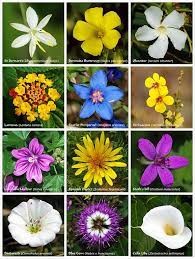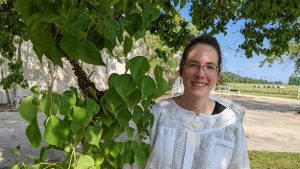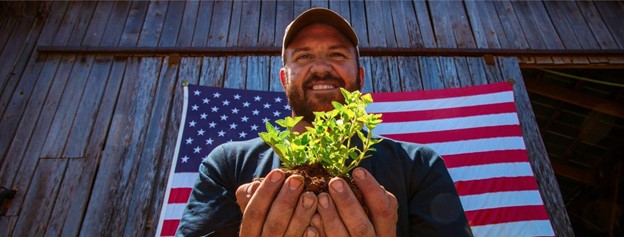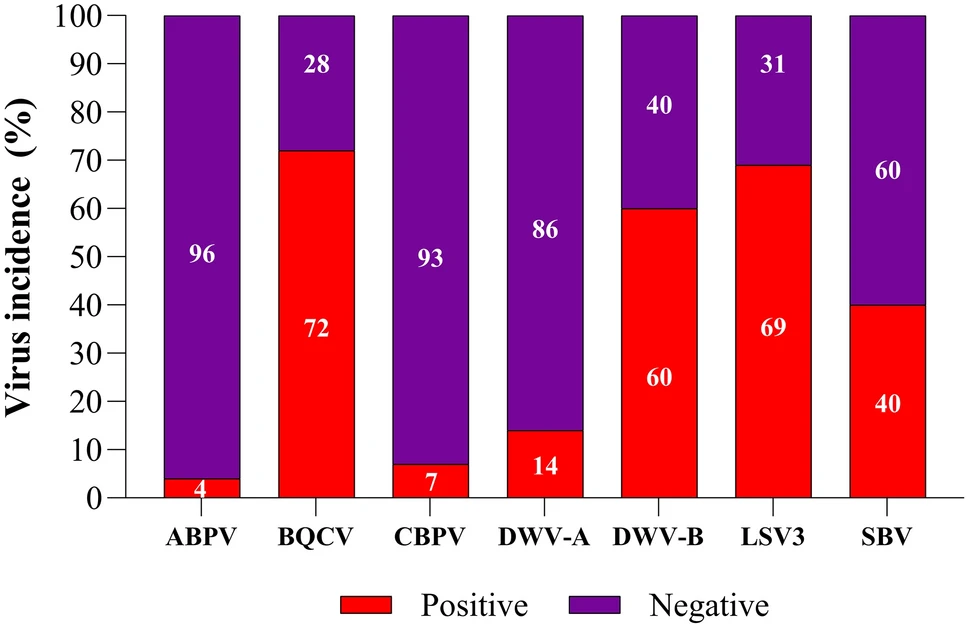Bee competitive: Research reveals the impact of natural selection on nectar supply and demand
University of Sussex
Summary:
Theoretical research indicates that natural selection will increase existing seasonal imbalances between the supply of nectar from flowers and the demand from bees and other insects.
New research by the Laboratory of Apiculture and Social Insects (LASI) at the University of Sussex shows that natural selection will cause flowers to produce less nectar when pollinators are abundant, and vice versa.
The research, published in the journal Ecology Letters, explains that, when pollinators are scarce, natural selection will cause plants to produce more nectar to outcompete other plants in attracting pollinators. But when pollinators are abundant, plants will be selected to produce less nectar as pollinators are easy to attract and will work for “low wages.”
The research helps explain why bees and other insects have to work harder to collect nectar in the summer, when there are more pollinators on the wing.
Francis Ratnieks, LASI Director and Professor of Apiculture at the University of Sussex, said: “Flowers need to attract pollinating insects to reproduce by making seeds and by exporting pollen to other flowers. When pollinators are abundant a plant won’t have to make much nectar to do this. But when pollinators are scarce more nectar will be needed to attract the pollinators in competition with other flowers.”
The scenario is similar to high-tech companies and specialist workers. When the specialists are in short supply, companies need to offer higher salaries to outcompete other companies. But if specialist workers are abundant, lower pay can be enough.
Professor Ratnieks added: “What is intriguing is that competition among plants for pollinators combines with natural selection to cause positive feedback that exacerbates imbalances between supply and demand. Our study shows how complex nature really is.”
For the complete article go to;







